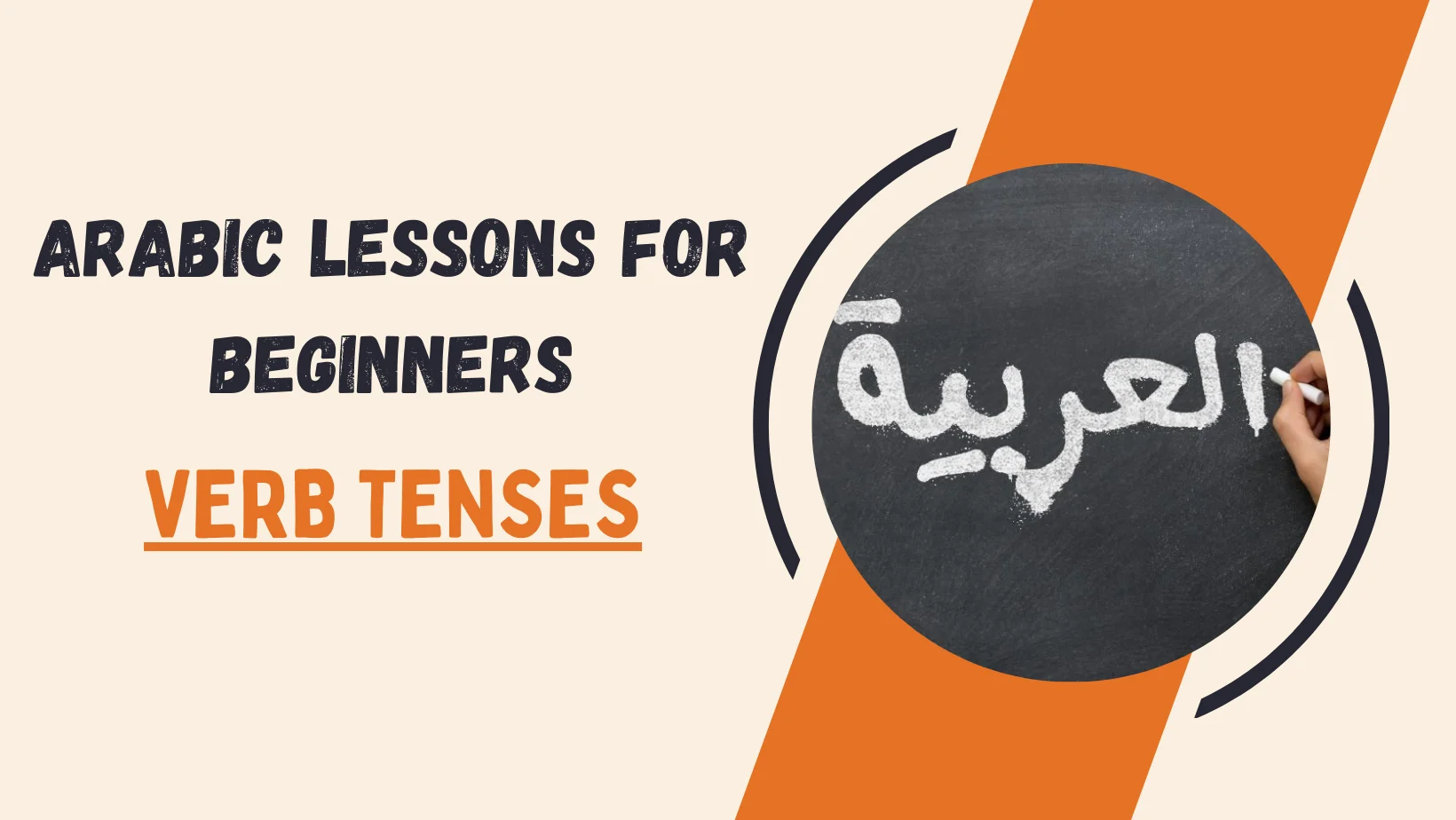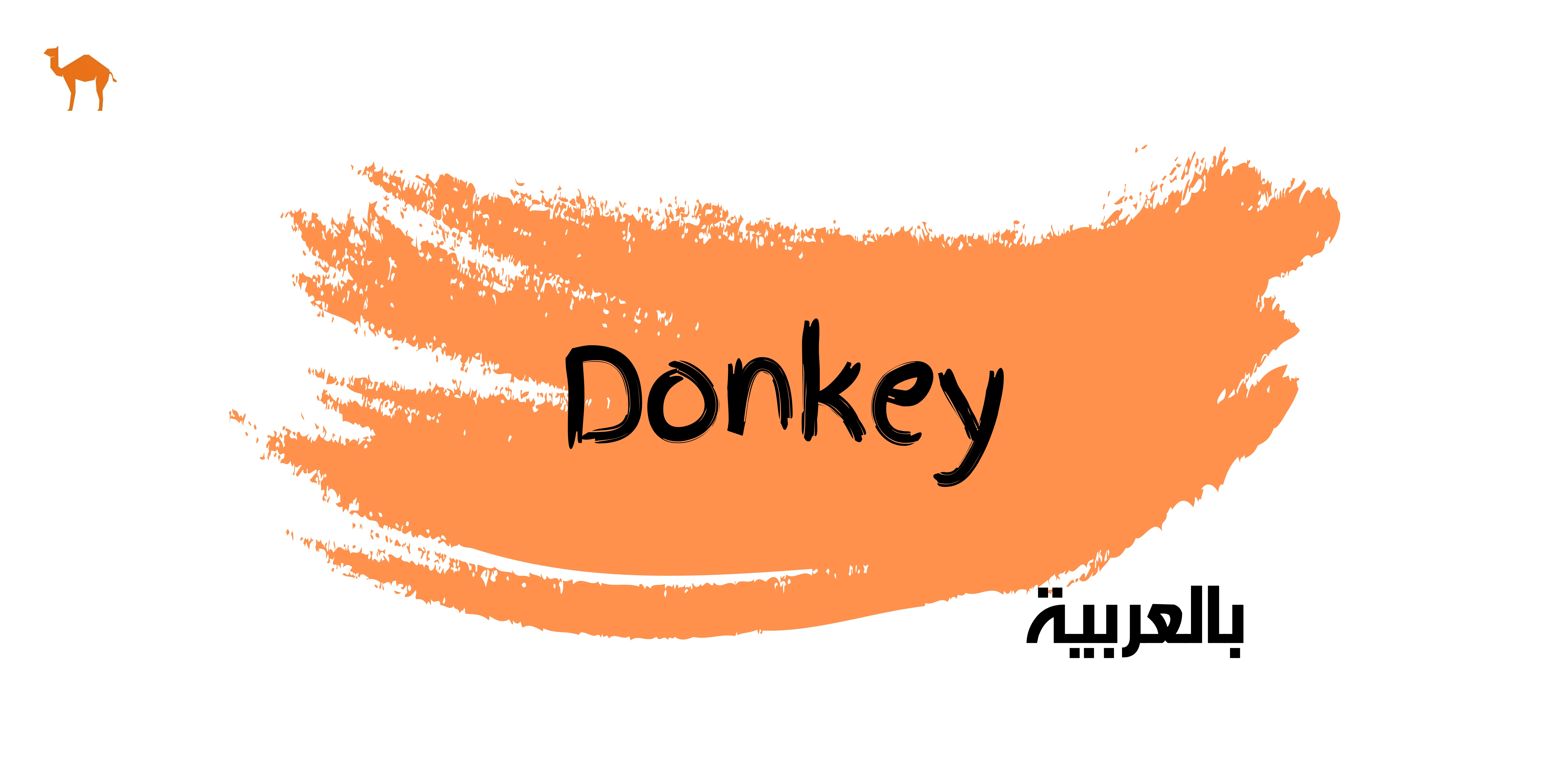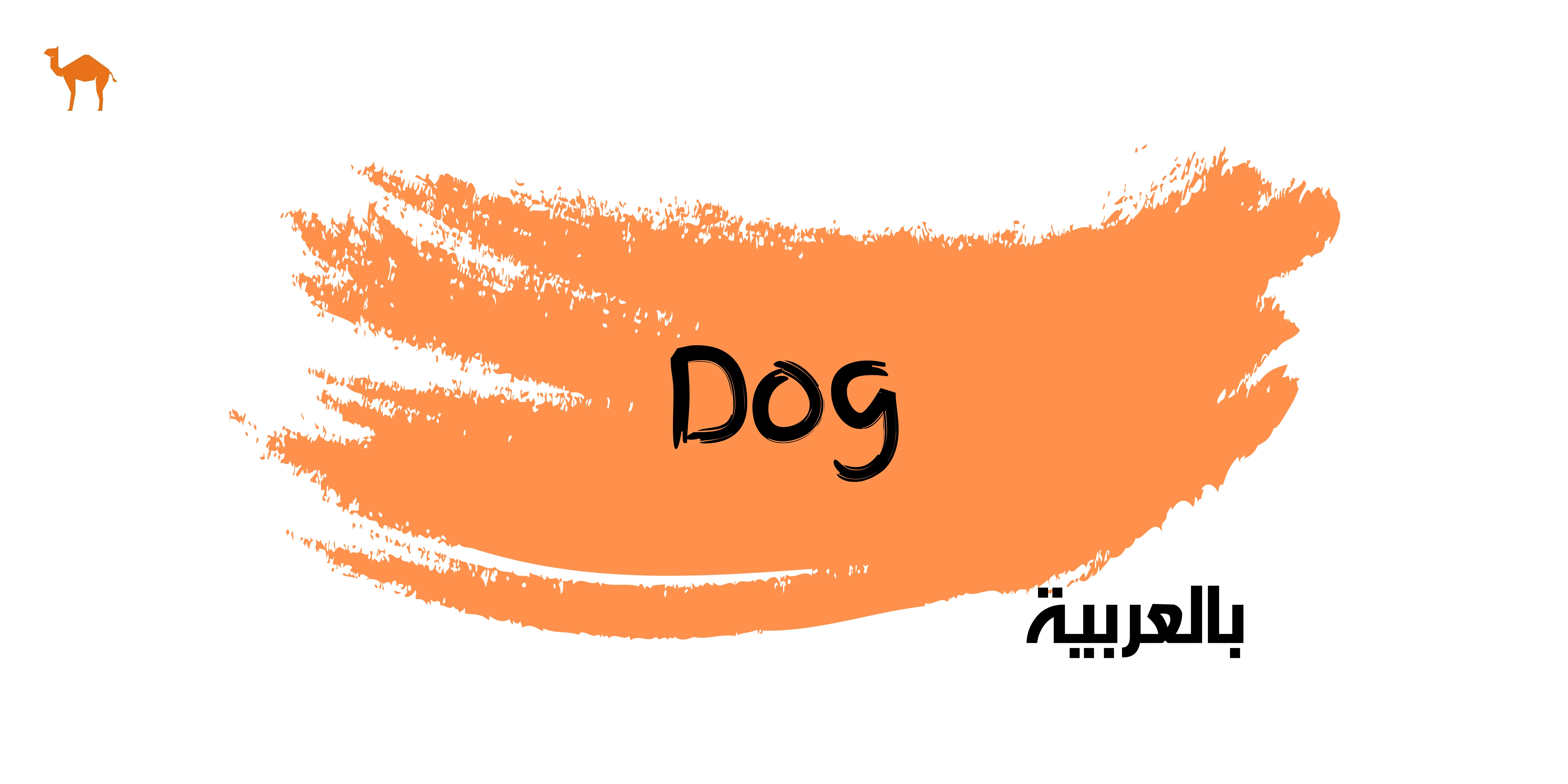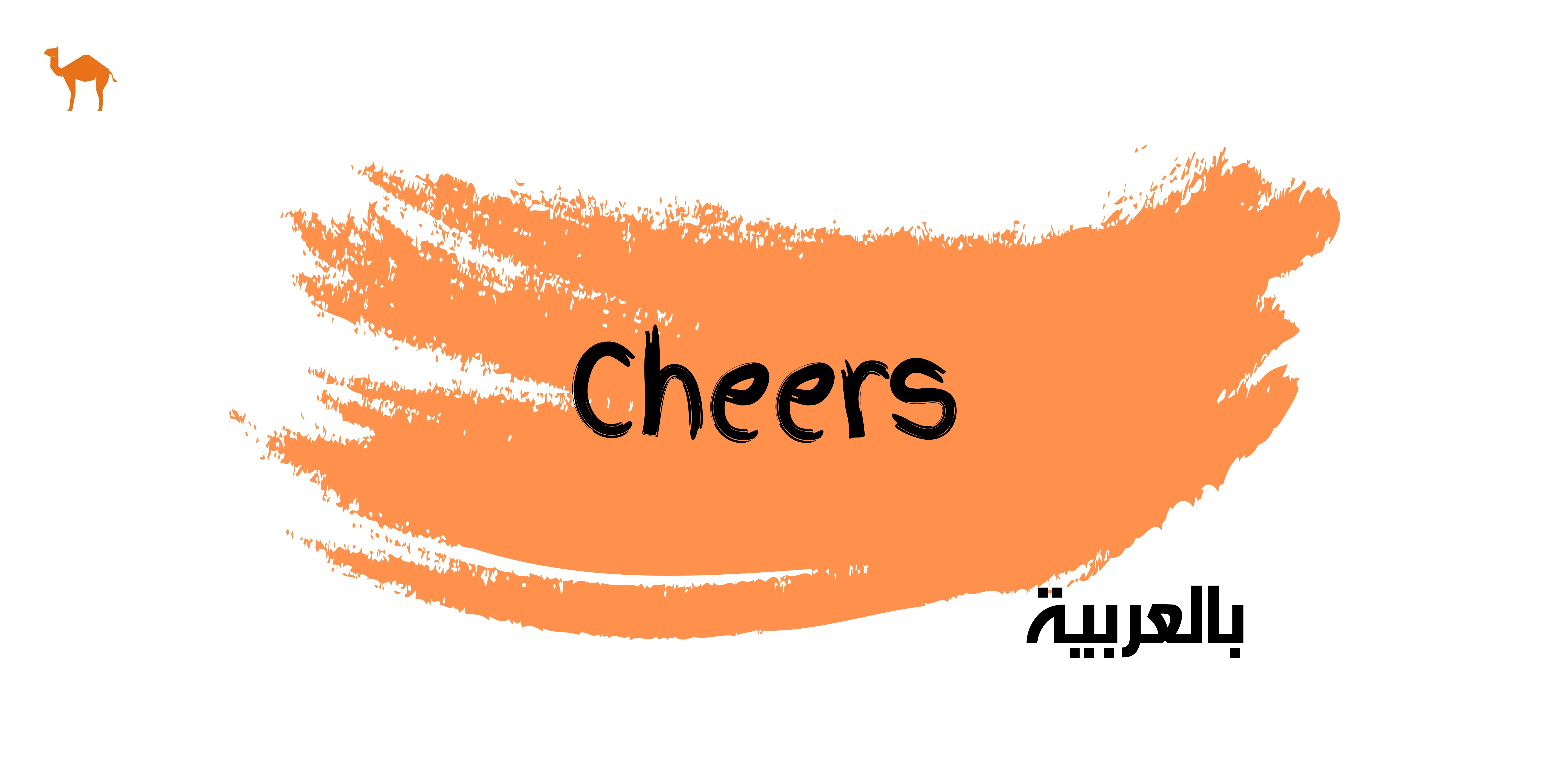Arabic Lessons for Beginners: Verb Tenses

Before starting to learn Arabic, it is essential to know that it will not be easy. As a beginner in Arabic, you must deal with a new alphabet, learn new sounds, memorize new words and phrases, etc. There are several ways for a beginner to learn Arabic like attending an Arabic class or using some programs and apps to learn Arabic. We made a series of Arabic lessons to make your learning journey easier. In this article, we highlight the lesson of verb tenses.
Arabic Lessons for Beginners
There are several ways for a beginner to learn Arabic like attending Arabic lessons for beginners or using some programs and apps to learn Arabic. Online Arabic lessons for beginners are better when you have a tight schedule. It gives you the ability to choose your teacher, to boost your Arabic skills through your learning journey. If you want to learn Arabic online then you've come to the right place! eArabic contains 100+ Arabic lessons that cover most Arabic grammar and Arabic morphology topics needed to help you learn Arabic quickly.
Verb Tenses in Arabic
Many people who want to learn the Arabic language find it difficult to start learning Arabic. Beginners may have the feeling that they have a variety of aspects of the Arabic language that they need to know more about, and as a result, they will not be able to determine where to start. Let's start with building the sentences with Arabic verbs, and to achieve that you have to know how to use the appropriate verb to form the sentence correctly. Let's learn more about the verb tenses in Arabic.
Past Tense Verb
The past tense verbs usually closely resemble the root of the word. Sometimes they are derived from the root, with minor additions to create related meanings. The past tense verbs are divided into different forms based on person, gender, and number.
Examples for Past tense verb:
- The student (male) wrote the lesson. (َكَتَبَ الفَتى الدْرسَ)
- The student (female) wrote the lesson. (َكَتَبَتْ الطَّالِبَةُ الدْرسَ)
- The students (male) wrote the lesson. (كَتَبُوا الطَّلَابُ الدْرسَ)
Present Tense Verb
The imperfect verb is used to describe the present and is also derived from the root in predictable patterns.
Examples for present tense verb:
- He writes the lesson. (َيَكْتُبُ الدْرسَ)
- She writes the lesson. (َتَكْتُبُ الدْرسَ)
- They write the lesson. (يَكْتُبُونَ الدْرسَ)
Future Tense
To indicate the future tense, سَ ‘sa’ or سَوفَ ‘sawfa’ means, 'Will' and is simply added to the beginning of the imperfect verb.
Examples for the future tense verb:
- I will go to the university. (ِسأَذهَبُ إلى الجَامِعْة)
- They (male/plural) will return home. (سَيعودون للمَنزِل)
- They (female/dual) will visit their grandmother. (ستزوران جدتهما)
Command Tense / Imperative
The imperative or command tense verb is always used in the second person. Therefore each verb can occur in all these forms:
Arabic Lessons for Beginners: Verb Tenses
We have collected various examples for each verb conjugation, as follows:
Explore the richness of the Arabic language and Egyptian dialect with our online courses tailored for learners worldwide, whether you're a beginner or an advanced student, our comprehensive curriculum and expert instruction provide an immersive learning experience accessible from anywhere. Dive into the program in Arabic, designed to deepen your understanding and proficiency in this vital language. Book a free Arabic lesson!


